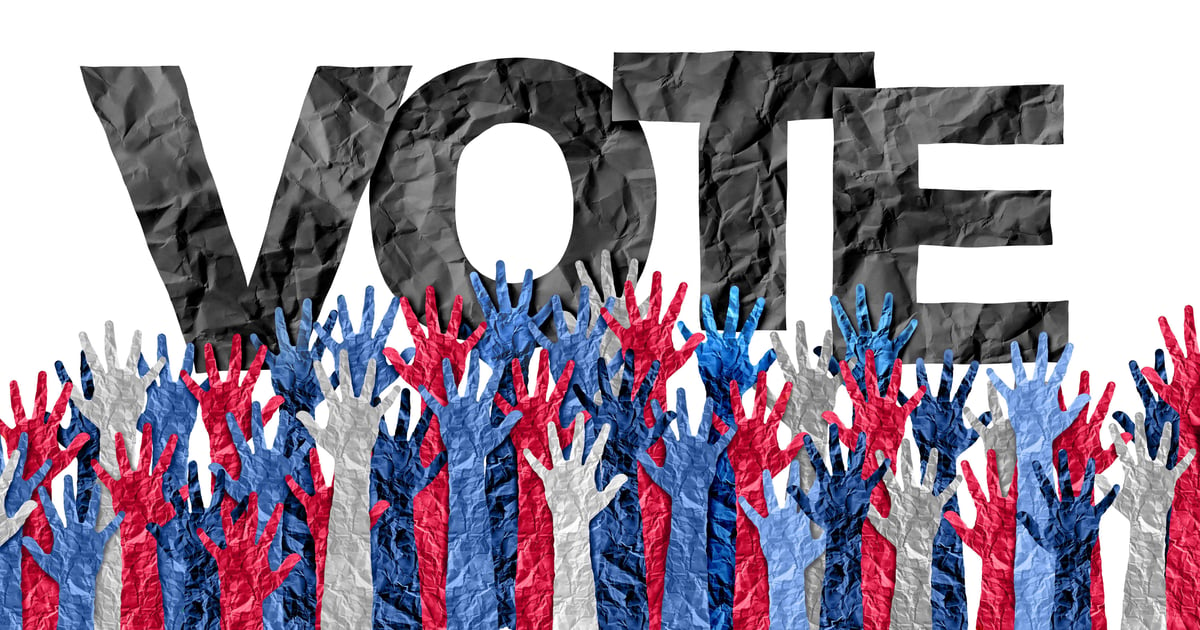
November 5, 2024 at 08:02AM
As the 2024 US presidential election concludes, cybersecurity experts express concern over disinformation, particularly deepfakes and misinformation (41%). Federal agencies debunked inflammatory videos allegedly showing election tampering as Russian disinformation. Experts warn that misinformation campaigns will continue post-election, aiming to undermine trust in election results.
### Meeting Takeaways
1. **Top Cybersecurity Concern**:
– A recent Dark Reading poll indicates that disinformation is the primary concern for cybersecurity professionals regarding the 2024 US presidential election, with 41% of respondents highlighting issues like deepfakes and misinformation.
2. **Specific Threats Identified**:
– **Disinformation**: 41%
– **Tampering of polling data**: 23%
– **International hacking operations** (from countries like Russia, China, and Iran): 20%
– **AI-powered phishing** using election-related lures: 16%
3. **Deepfake Videos Debunked**:
– US federal agencies have dismissed two deepfake videos alleging vote tampering as disinformation created by Russian adversaries.
– The videos depicted false scenarios of ballot destruction in Pennsylvania and illegal voting in Georgia.
4. **Official Statements**:
– Chris Krebs (former CISA Director) emphasized the need to identify and debunk disinformation quickly and warned voters of targeted misinformation campaigns.
– Jen Easterly (current CISA Director) reassured the public that US voting infrastructure is secure and robust against cyber and physical threats.
5. **Ongoing Threats**:
– Experts anticipate continued efforts from foreign adversaries to undermine trust in US electoral processes post-Election Day, which could exacerbate social division, particularly targeting minorities.
6. **Preparedness Advice**:
– Both Krebs and Westcott stress the importance of mental resilience and awareness among voters to avoid falling for disinformation.
Overall, the meeting underscored the critical need for vigilance among voters and cybersecurity professionals as disinformation campaigns continue to evolve during the electoral process.